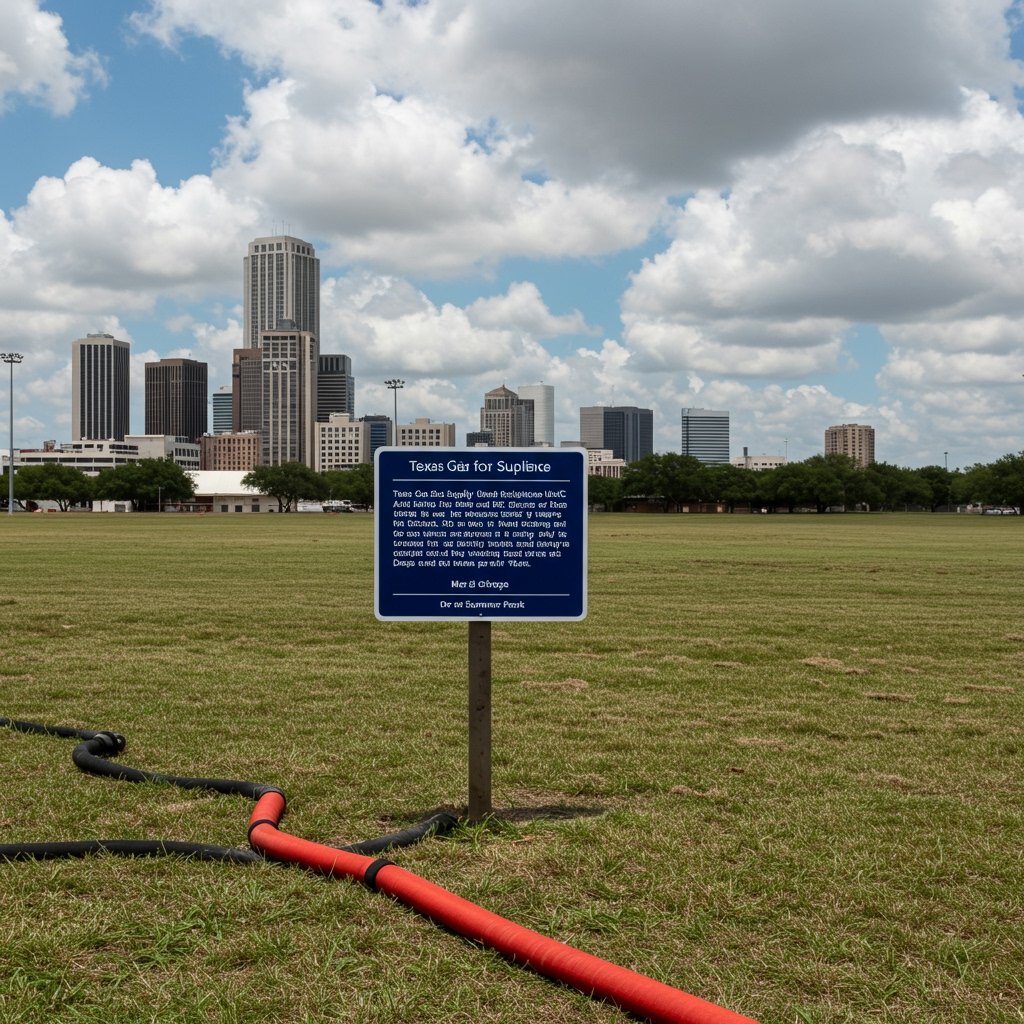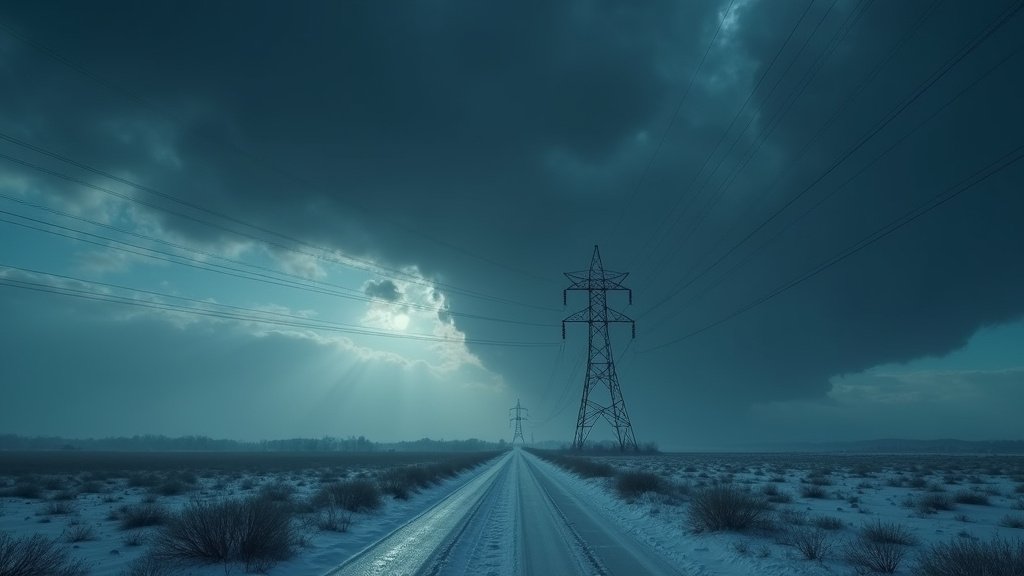RRC Convened Special Session to Assess Texas Natural Gas Readiness
A critical assessment of Texas’s natural gas supply chain and infrastructure resilience took center stage on March 30, 2025, as the Texas Railroad Commission (RRC) convened a special session. The meeting was specifically called to evaluate the state’s readiness ahead of the anticipated peak demand of the summer months, a period when natural gas plays a vital role in electricity generation and overall state energy stability.
The session provided a platform for commissioners and industry experts to delve into the current status of the state’s natural gas system, focusing heavily on the progress and challenges encountered since the implementation of state-mandated upgrades following previous severe weather events. A significant portion of the discussion revolved around the initial findings from recent winter weatherization audits conducted by the RRC and the broader current compliance status of gas operators regarding legislation passed in recent sessions, most notably Senate Bill 3 (SB 3).
Examining Winterization Progress and SB 3 Compliance Challenges
Since the winter storms of past years highlighted vulnerabilities in the state’s energy infrastructure, Senate Bill 3 enacted in the 87th Texas Legislature established requirements for weatherization and reliability planning for critical gas infrastructure. The RRC has been tasked with enforcing these mandates, which apply to producers, pipelines, and processing facilities designated as critical.
During the March 30th session, RRC staff presented an overview of the initial findings derived from the recent round of winter weatherization audits. While specific details of individual findings were not publicly disclosed in exhaustive detail during the general session, the presentation underscored the ongoing nature of compliance efforts and the complexities involved in retrofitting and upgrading a vast and intricate natural gas network. Commissioners discussed the variations observed in compliance levels across different segments of the industry.
The dialogue specifically referenced challenges related to Senate Bill 3 implementation. These challenges were described as multifaceted, including technical hurdles in adapting existing infrastructure, the logistical complexities of conducting upgrades while maintaining operations, and interpretations surrounding the scope and applicability of certain requirements under the law. The discussion acknowledged that achieving full and consistent compliance across the entire supply chain—from the wellhead through gathering, processing, and transmission—remains a significant undertaking requiring sustained effort from both regulators and the regulated entities.
Addressing Midstream Capacity and Communication Gaps
A key point of focus during the special session was the midstream sector of the natural gas industry, which includes pipelines and processing facilities that transport gas from production areas to local distribution companies and power plants. RRC Chairman Weaver articulated ongoing concerns regarding midstream capacity, emphasizing that bottlenecks or limitations in this part of the chain could pose risks to supply reliability, particularly during periods of high demand like extreme summer heat waves.
Chairman Weaver also highlighted the persistent need for clearer and more effective communication channels between gas producers and transmission operators. He stressed that timely and accurate information flow between these critical links in the supply chain is essential for ensuring a consistent and reliable supply. This includes communication about potential operational issues, maintenance schedules, and significant changes in production or demand forecasts. Improved coordination, he noted, could help prevent disruptions and optimize the flow of gas across the state, especially during peak stress events.
Industry Stakeholder Perspectives on Hurdles and Funding
The session also incorporated valuable insights from representatives of industry stakeholders. These participants offered perspectives on the practicalities and difficulties faced by companies in meeting the state’s enhanced reliability standards. Common themes raised included regulatory hurdles, such as permitting processes and timelines that can sometimes impede the speed of necessary infrastructure upgrades. Stakeholders described navigating various regulatory requirements at local, state, and sometimes federal levels as a complex and time-consuming endeavor.
Furthermore, industry representatives voiced concerns about funding challenges associated with required infrastructure improvements. Investing in significant weatherization and capacity upgrades requires substantial capital expenditure. Stakeholders discussed the need for clear investment signals and potential financial mechanisms or incentives that could help offset the considerable costs involved in enhancing resilience across the entire gas value chain, ensuring that the necessary investments are economically viable for operators of all sizes.
No New Mandates Issued, Focus on Future Workshops
Following the extensive review and discussion, the Texas Railroad Commission did not issue any new mandates or regulatory requirements during the special session on March 30, 2025. The session primarily served as an informational and evaluative meeting to gauge the current state of resilience efforts and identify areas requiring further attention.
However, the RRC leadership indicated clear plans for future engagement on these critical topics. The commission stated its intention to hold future workshops specifically designed to refine compliance reporting procedures under Senate Bill 3 and other relevant regulations. These workshops are expected to provide more detailed guidance to operators, address questions regarding reporting formats and requirements, and potentially facilitate greater consistency in how compliance is documented and evaluated. The focus on refining reporting procedures suggests an effort to streamline the oversight process and ensure that both the RRC and the industry have a clear understanding of expectations and progress towards enhancing the resilience of Texas’s vital natural gas infrastructure ahead of future demand surges and potential weather events.






